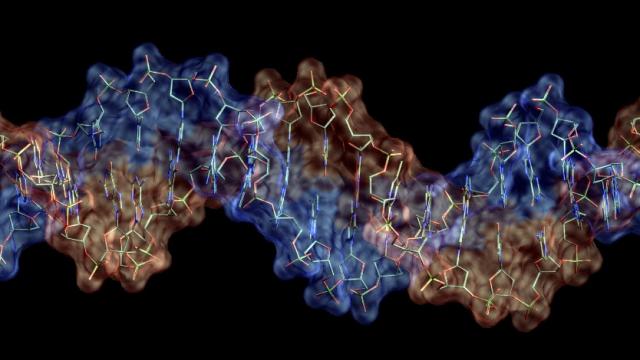Five years after privacy advocates warned about the potential risks to privacy posed by massive genetics databases, they are, indeed, causing problems. Two popular geneology websites, Ancestry.com and 23andMe, both maintain such databases on behalf of private citizens. Now there’s at least one case on record of Ancestry’s data being used in a murder case, and 23andMe has seen a few requests too.
Wired wrote about the murder case earlier this month; it should have been a completely avoidable situation. American detectives ran a familial DNA search, which is done by cross-referencing a genetics database made by law enforcement with — in this case — a private genetics database put together by Ancestry.com for people who were simply curious about where they came from. (It is now publicly searchable.) In Michael Usry’s case, officers were able to get a warrant for his cheek cells because during the familial DNA search his father’s cells had nearly matched a killer’s cells, with “34 of 35 alleles” in common.
Usry is now off the hook, but it took 33 anxiety-filled days to clear his name. His story is a painful reminder that these databases could be used by law enforcement in ways that carry very real consequences for people who have committed no crimes. Fusion reports that the privacy policies of both Ancestry.com and 23andMe state that the sites will give data to law enforcement if they receive a court order — although 23andMe has resisted a few requests already from American state level officers and the FBI.
This is still kind of a grey area, but most private individuals probably don’t want officers poking around in their private DNA — especially if they have done nothing wrong. On the other hand, law enforcement officers may feel that having access to private data could make or break a case.
The broader issue is the overall lack of transparency around the current standard practice for collecting familial DNA. How many private individuals are compelled to have their cheeks swabbed after a database pulls up one of their relatives? Does law enforcement get to keep that DNA on file, even if the person ends up having no connection to a crime? And here’s a question I’ll be asking around Christmas time: How many relatives have filed their DNA away in a private database?
(h/t Fusion.net, ynse / CC BY 2.0)
